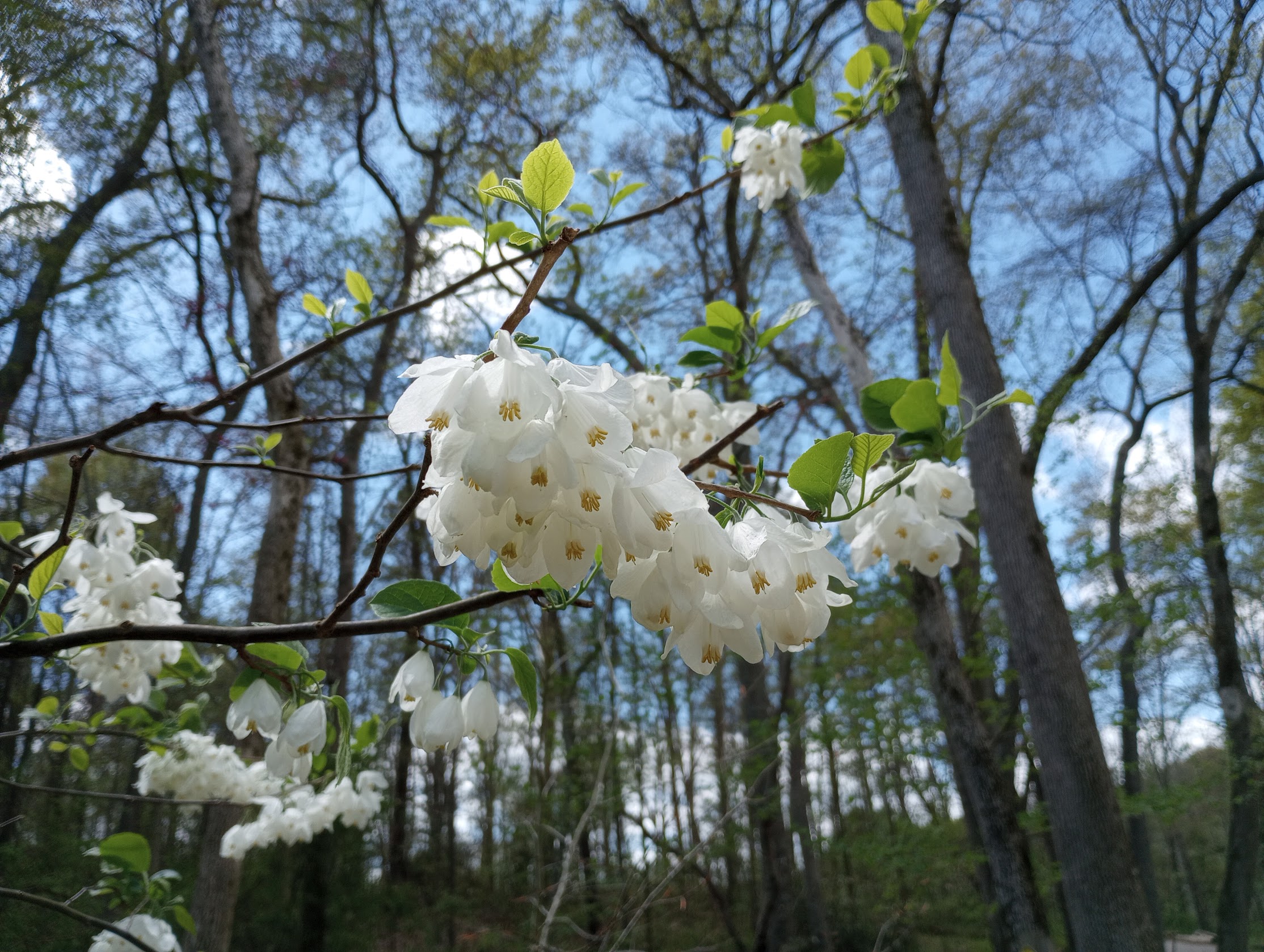“This is it, I think, this is it, right now, the present, this empty gas station, here, this western wind, this tang of coffee on the tongue, and I am patting this puppy, I am watching the mountain. And the second I verbalize this awareness in my brain, I cease to see the mountain or feel the puppy. . . It is ironic that the one thing that all religions recognize as separating us from our creator — our very self-consciousness — is also the one thing that divides us from our fellow creatures.” Annie Dillard (80)
Our modern world, as I mentioned in my last post, is one which thrives on speed and progress, but this current generation seems to be pulling back from the rush and pushing for change. The battle-cry of the day is carpe diem, “Live life to the fullest”. We don’t want to accept Auden’s bleak world ruled by society’s boxes. Instead, we want to live in the moment, not dictated by time but not squandering it either. The question becomes, how do we accomplish such a slowing of spirit? How do we live so that we are truly present every day?
Annie Dillard in her work Pilgrim at Tinker Creek offers us an answer: we must learn to care, to see and be emptied.
Nature is brimming with wonders that we have a tendency to ignore. So often, Dillard writes, we only see what we expect to see in the world (20). But when we take the time to know and to love something, our perspective starts to shift. We look for things differently, we pay attention to details, and, slowly, we train our eyes to spot the commonly missed.
The deer and frogs hidden in the woods, the tiny flowers in the grass, and the arrow heads in the river are not invisible to the eye but are invisible to the mind. When we remove the layers of self-absorption and overthinking and impatience, we start to catch nature’s brief appearance acts.
The art of seeing takes humility. You must be willing to observe without imposing your own expectations on the view before you. Dillard describes it as an act of letting go rather than grabbing hold. She says it is the difference between walking with and without a camera: in one, we are focused on our own activity, trying to capture and preserve the moments we think worthwhile. In the other, we are emptied and open, simply experiencing the moments in a way we could not when we were so busy. We live in an active world; sometimes, we need to stop and be a passive partaker, a humble observer.
“Experiencing the present purely is being emptied and hollow; you catch grace as a man fills his cup under a waterfall” (82). Often, we think living a full life is a matter of doing more, striving harder, widening the circular track of our spinning selves. We’re grasping for time, begging for more and more hours and days. Instead, we should accept that “this is it, and [find] it world enough and time” (83).
What we need is to step out of ourselves into complete and utter reception and concentration. Forget time, forget the world, and just focus on the “this” of a moment, whatever it happens to be.
Stop fighting for the minutes, trying to hold them in your grasp; let them wash over you, accept them as the gift they are. “You don’t run down the present, pursue it with baited hooks and nets. You wait for it, empty-handed, and you are filled” (104). Dillard reminds us again and again that the world is already full: this fleeting life is in fact an abundance. The minutes aren’t too few, but rather too much. They can’t fit in our grasp; they overflow.
Annie Dillard went into the woods and learned to love a nibbled, fraying, yet beautiful world. She learned to see and know and care, because she took the time to. She patiently stalked muskrats and ducks and bees, with some chasing, but mostly waiting. She learned to hold still. To center down. To empty (203).
She writes, “I retreat, not inside myself, but outside myself, so that I am a tissue of senses. Whatever I see is plenty, an abundance. I am the skin of the water the wind plays over; I am a petal, feather, stone.” Perhaps this sounds too mystic for your taste, but the point remains, life is ever present. The minutes will continue passing by and if you think they aren’t enough, then they never will be. You will always be grasping to catch a river in your hands.
If you want to be present, you must learn to pause. Quiet yourself and look around you, give attention to the place you are in, the people you are with. Care enough to learn to love, and love enough to know. Accept the passing days with open hands, patient hands. You might just find this fleeting life is time and world enough.
Dillard, Annie. Pilgrim at Tinker Creek. Harper Perennial, 2007.

Leave a Reply
You must be logged in to post a comment.